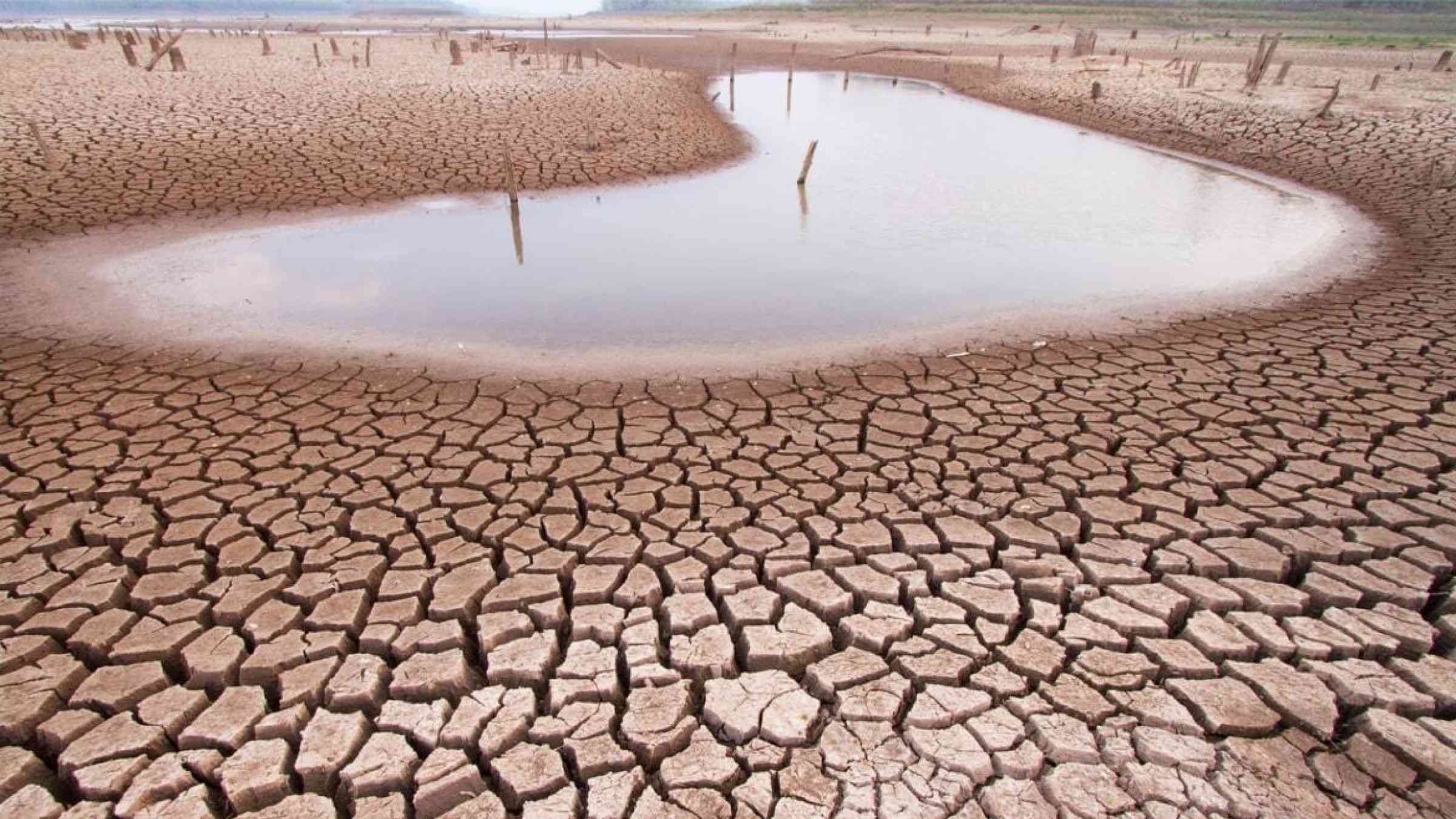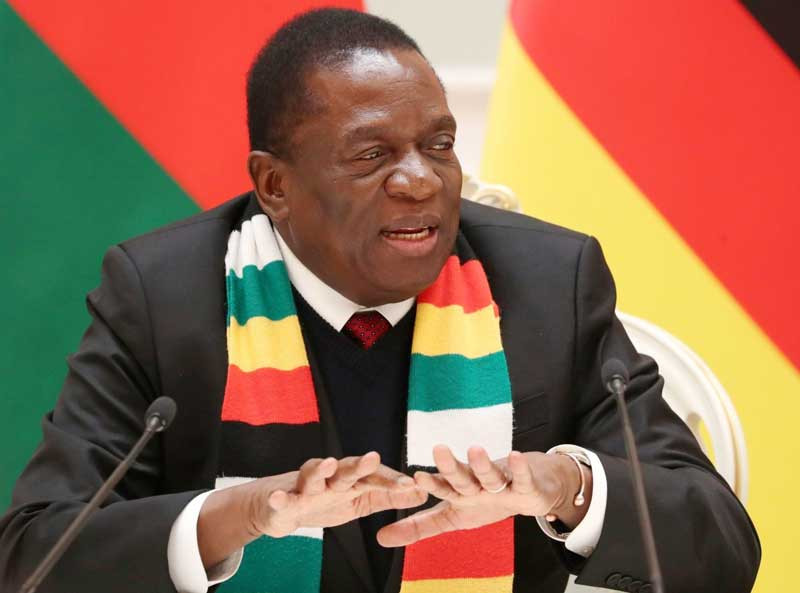
BY TAPIWA GOMO
WHEN one read the events of last year in the United States after the killing of George Floyd by a police officer and the ensuant global wave of protests against racism, there is an incontrovertible temptation to think that the time is ripe to tackle racism.
The first quarter of the year kicked off with Merghan Markle and Prince Harry triggering the same debate on racism by alleging that some within the Buckingham Palace were concerned about the colour of their son during an interview with Oprah Winfrey. Indeed, it seems there is no better time to bring back race issues to the fore than now, mainly given that the issue has been raised by high profiles.
The question now is that with all that happened in the US and the United Kingdom, probably the most powerful States in the world combined, what then can be done to address racism at whatever level and in whatever sphere? This is not an easy question to address.
Most scholars have argued that race is about power and control of wealth using the racial shades as an excuse to manifest discrimination and marginalisation. It is not easy to track the origins of race, but in most societies, the poor, marginalised and/or those who looked different were forced to work as slaves.
The premise for that was simply that they were assumed not to belong either to the families of power or to the society and hence their only use was to provide cheap labour.
The central premise in this approach is that power needed to be propped up by converting certain people into labour to generate more wealth needed to sustain power. In the absence of power and wealth, there was no need for converting other people into slaves or lands into colonies. There would be no race. So, slavery was an easy way of securing free labour to avoid converting nationals into the same. Slavery and racism are caused by power and the desire to create and prop up wealth for the powerful.
This script would be magnified in the 19th century with the colonialisation of Africa and other continents. The aim of colonisation was to amass power and wealth by the same countries we now call superpowers or developed nations. The first step by colonialists was to dehumanise those they found on what became colonies. This entailed treating them as non-human objects that could be converted to labour during slavery and that could be dispossessed of their land and asserts during colonisation.
- Chamisa under fire over US$120K donation
- Mavhunga puts DeMbare into Chibuku quarterfinals
- Pension funds bet on Cabora Bassa oilfields
- Councils defy govt fire tender directive
Keep Reading
What ensued soon after these notions were normalised was the brutalisation of non-white races for no other reasons related to their colour, but that they needed to acknowledge and submit to the whims of the colonial power and contribute towards its wealth generation. This came with its own power structures, culture and administrative systems that ensured the delivery of allegiance and wealth to the central powers.
To put this into a clear perspective, if Europeans had found another white race in Africa during colonialism, they were not going to stop their advances on the continent on account of having found people that looked like them. This is simply because race has never been about colour, but power and wealth. Colour is only an excuse that arose as a result of the different outlooks which has further been normalised over the years.
It would be myopic to limit racism to the delivery of allegiance and wealth to the central powers. In most cases, people who face racism have lost sight of these linkages a long time ago. They have rationalised and internalised these as normal even though they are central to the sustenance of global hegemony. What triggers most protests is the marginalisation of other races in the distribution and consumption of and access to crumbs of the cake from the powerful and wealth. Protests that aim to achieve balances, certainly must be supported, but also the myopicism that characterises these have to be addressed.
The first step is to understand that the delivery of allegiance and wealth to the central powers centralises control. Therefore, power and wealth are not for further distribution as implied by the majority of protesters but to reinforce power and control. Second, it is not possible to deliver allegiance and wealth to the central powers and then expect it to be equitably distributed reaching the marginalised.
The marginalised were and are still not on the priority list and will never be. It is counterproductive to the sustenance of power to include them. Power will never allow that and will impose tough penalties on anyone who threatens to do so. The world has generated so many excuses to stop the reshuffling of power. These are seen in constitutions and global statutes that cement the skewed global order.
What then should be done to address race? There is no easy answer to this question, but there are answers. In my recent instalments, I have proposed that one way of addressing race is for the marginalised to work towards economically developing themselves. Social and political respect are earned based on the economic value one brings to the global table. India and China are living examples of how the world’s perception has shifted after their recent economic growth.
Of course, the second proposal is reduce or completely cut the delivery of allegiance and wealth to the central powers. It is hard to feed power and yourself at the same time — one can only feed one. One can not feed power and then turn around and blame the same power for starving their families.
- Tapiwa Gomo is a development consultant based in Pretoria, South Africa. He writes here in his personal capacity.











